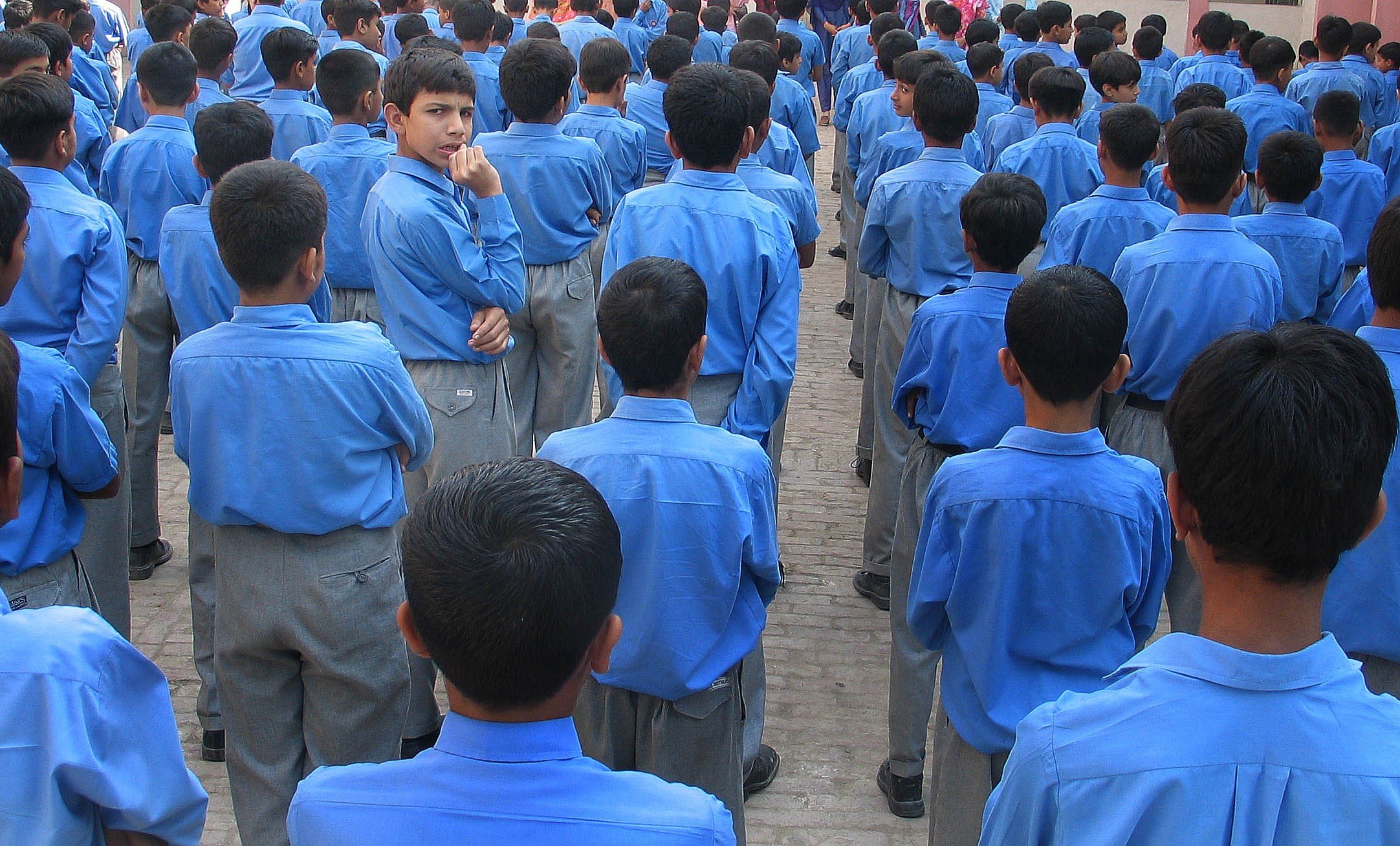
Successful local governance of education depends on development of local financial and technical capacities to reduce dependence on provincial establishment

From human capital formation for market consumption to reproduction of society in a specific mould, objectives of school education are diverse as well as critical from public policy perspective. Since the ascendancy of neoliberal global order, local governance is considered a quintessential element of modern democratic governance.
A recent legislation -- the Punjab Local Government Act 2019 -- envisages the transfer of management of schools to metropolitan corporations, municipal corporations, municipal committees, town committees and tehsil councils. It is a radical move in the right direction. But juxtaposing two important but very distinct social aspirations i.e. a right to meaningful local self-governance and a constitutionally promised access to reasonably good quality education requires an intricate trade-off.
Will transfer of school management to local governments promise reduced dependence on provincial education establishment? Can people anticipate gains in terms of learning outcomes and an overall qualitative shift? How far devolved education structure will succeed in fostering local economic development? A careful analysis of all these aspects of new local governance scheme is important if we simultaneously want both democratic local governance and good education for our children.
A basic canon of effective local governance is that it should reduce dependence on the higher tiers of government. Devolution of school management along with functions like enrolment and delivering upon the constitutionally guaranteed universal education to all school age children looks limited in scope. But in real sense, the performance of these functions takes in a whole array of skills related to planning, budgeting, financial management, project management and contract management.
Capacity of local government managers in all these areas will define the extent of their dependence on vertical bureaucratic hierarchy of provincial department. In addition to soft management skills, local capacity to generate resources is a key determinant of autonomy of local government. Progressive increase in enrolment of children requires a commensurate rise in number of schools, class rooms, furniture, laboratories, libraries and well-qualified and trained teachers. They need plenty of managerial and financial resources.
Training of teachers goes a long way starting from initial recruitment to subsequent cycles of continuous professional development. The existing limitations of local capacities make it a challenging contest between autonomy and dependence.
More than anything else, it is the quality of education in public schools which haunts both the society and the policymakers. Governance of such a complex policy problem calls for good situational analysis skills and intellectual prowess at the disposal of local education managers. But therein lies the problem. If despite better access to technical expertise and financial resources, the provincial education apparatus still finds it a problem then it is not hard to imagine how arduous it can be for town or tehsil level managers.
At this moment, the provincial school education department coordinates with international development partners to tap foreign resources. But local managers will need in-house capacity to engage with donors, development partners and private sector to tap various resources. If the local authorities are not equipped with a capacity to negotiate with development agencies or to enter into public private partnerships, then their persistent dependence on the provincial government will neither help in developing local capacities nor will it lead to local empowerment.
Theoretically, a good scheme of local governance should promote local economic development. Schools can contribute in local economic development by training local youth in specific skills required in local economic context.
For instance, the local government of Murree may need a number of people having some exposure to hospitality and tourism related skills or tehsil government of Mailsi may attach special value to knowledge of fundamentals of agriculture imparted to high school students. Both indicate to local dependence of economy on tourism and agriculture respectively.
If the local governments are empowered and capable enough to make such localised value addition interventions at their own level they can definitely contribute in boosting local economy. After implementation of new local government scheme, the immediate next steps can be in this direction.
Provincial school education departments in Pakistan are responsible for meeting targets and goals associated with various global commitments of the country. For instance, pursuing SDG targets or meeting disbursement linked indicators for the World Bank loans presently remains a provincial responsibility.
Provincial education managers fear the consequences of local governments faltering on such commitments as they believe ultimate responsibility rests on their shoulders. This apprehension prompts provincial managers to have sufficient levers of control to exercise power upon local governments. Such concerns give rise to a paternalistic concern which can inevitably result in an uncalled for will to control the local education managers through various means at the disposal of the provincial department. A fine balance is required.
In a nutshell, successful local governance of education will primarily depend on development of local financial and technical capacities to reduce dependence on provincial education establishment. Sufficient flexibility to take local initiatives in response to needs of local economic development can add meaning to entire exercise.
Finally, doing away with paternalistic tendency to control on the part of provincial education management and putting trust in emerging local leadership can substantially help materialise the dream of local self-government and better education. Ultimately, citizens are themselves the best guardians of the interests of their future generations.